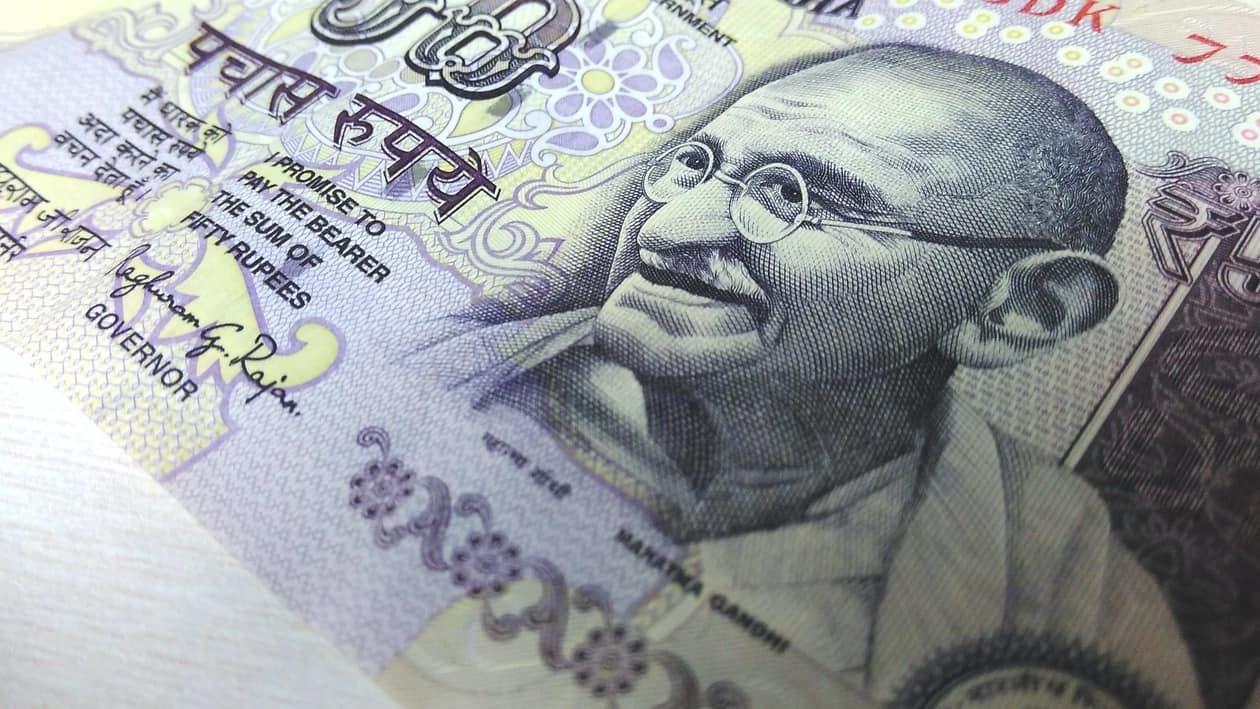Interest rates on fixed deposits (FDs) have risen steeply in the recent past, thus becoming quite tempting — particularly for conservative investors. Some of the banks are now offering returns as high as 8-9 percent on their term deposits, higher than what some of the short- term debt funds are offering.
Most money market funds have given a return of 4-5.5 percent per annum in the past one year.
Sample this, Aditya Birla Sun Life Money Manager Fund gave a return of 5.2 percent, DSP Savings Fund gave 4.3 percent return, ICICI Prudential Money Market Fund gave 5.08 percent return and Kotak Money Market Fund gave 5.2 percent return in the past one year ending Feb 7, 2022, the AMFI data indicates.
It’s vital to mention here that the returns of debt funds have also moved upward in the recent past. The current rates offered by money market funds in the past 15 days or so range between 6.5 and 7.5 percent per annum.
| Money market funds | 15-day-return (%) |
| Axis Money Market Fund | 6.91 |
| DSP Savings Fund | 6.28 |
| HDFC Money Market Fund | 7.02 |
| Kotak Money Market Fund | 7.01 |
| SBI Savings Fund | 6.88 |
(Source: AMFI; regular returns as on Feb 7, 2023)
With barely any difference between the two category of financial instruments — FDs and money market funds — investors are spoilt for a choice.
What to choose?
What should an investor choose can be determined by a host of factors: return it offers, convenience of transaction, familiarity with the product and tax liability. With return differential shrinking, other factors now play more important role in choosing one asset class over other.
Sridharan Sundaram, Founder of Wealth Ladder Direct, believes that debt funds are still better than fixed deposits for more reasons than one, particularly when one prioritises convenience over other factors.
“FDs are better when you are sure that you won’t need to go for a premature withdrawal. In case you need to withdraw the money prematurely, you have let go of interest, and incur penal charges. Whereas in money market funds, you can withdraw a part of funds as and when you need without having to let go of interest which is accrued on a daily basis,” said Sridharan.
“However, if someone wants to earn a higher rate of interest than offered by money market funds, one can instead go for ultra-short debt funds,” he said.
Tax treatment
Both fixed deposits (FDs) and debt funds have the same treatment of tax when they are redeemed within a three-year period. Short term capital gains are taxed as per the tax slab one falls under.
This means, when debt funds are redeemed in less than three years, capital gains are treated as short term capital gains, and are taxed at the applicable rate of tax.
On the other hand, when debt funds are redeemed after longer than three years, the capital gains are taxed at the rate of 20 percent while they also enjoy the benefit of indexation.
“Debt funds offer benefit of indexation, thus reducing the tax liability for those falling under the highest tax bracket. But when investment is made for a short term, both FDs and debt funds face similar tax treatment,” says Deepak Aggarwal, a Delhi-based Chartered Accountant.
